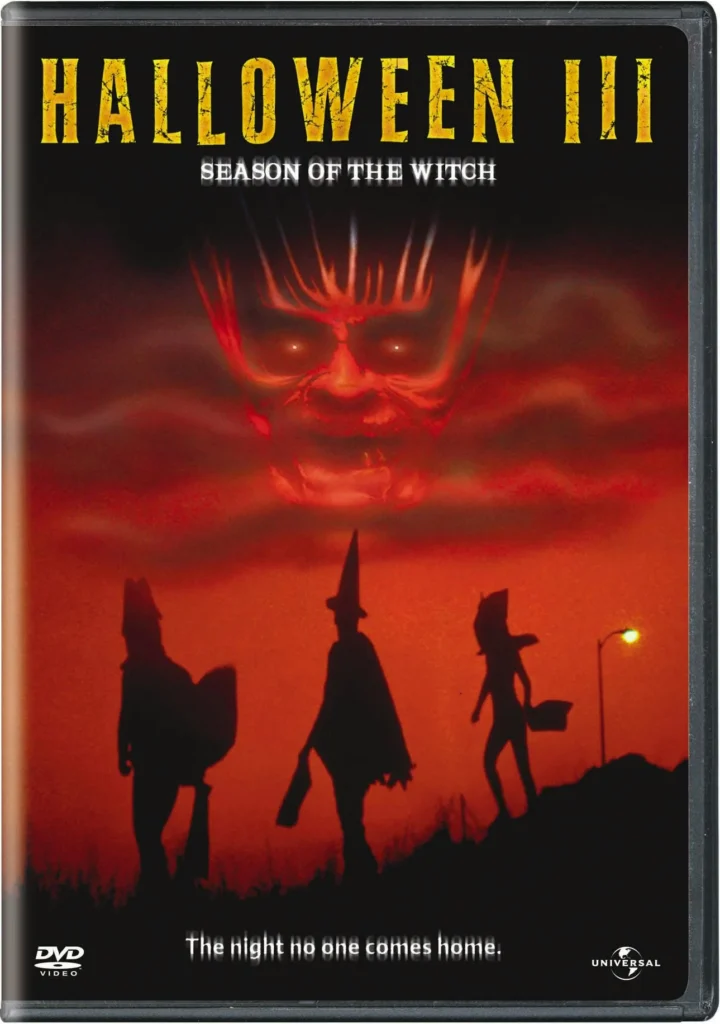New Study Shows 85% of Americans Too Burned Out to Read the Study
WASHINGTON, D.C. — A groundbreaking new study from the National Institute for Overwhelming Everything (NIOE) has found that approximately 85% of Americans are too mentally, emotionally, and existentially exhausted to read the study itself.
The research, titled “Chronic Burnout in the Post-Everything Era: A Nation Sighs in Unison,” was released Monday morning and quickly began circulating on social media. However, nearly all engagement stopped at the headline, with users citing “vague dread,” “reading fatigue,” and “the unspoken law of not opening PDFs before noon.”
“We surveyed over 10,000 people from diverse backgrounds,” said lead researcher Dr. Maya Felson, sipping a cold brew and blinking rapidly. “The vast majority opened the study link, sighed, and closed the tab. One respondent printed it out, stared at the cover page for 23 minutes, then used it as a coaster.”
The 112-page report outlines a range of causes for America’s burnout epidemic, including:
- Being alive in a time where every news alert feels like an emotional jump scare
- Constant multitasking between working, doomscrolling, budgeting, grieving, and pretending to have hobbies
- The existential crisis of watching billionaires cosplay as saviors while local libraries hold bake sales for printer ink
- Trying to maintain “self-care” rituals that feel suspiciously like chores in disguise
Although the study was released with an executive summary, an audio version, and a 30-second explainer video narrated by Morgan Freeman, most Americans still couldn’t get through it.
“I meant to read it,” said Kaitlyn Ruiz, 29, a part-time digital analyst-slash-freelancer-slash-freelance-digital-analyst. “But I got distracted switching between work, a grocery list app, a rent payment reminder, and a YouTube video titled ‘How to Trick Your Brain Into Caring Again.’ I’ll circle back to the study once my soul gets back from lunch.”
NIOE researchers say their findings suggest burnout has evolved beyond a workplace issue and is now a full-time national identity.
“We no longer say ‘I’m fine,’” Dr. Felson noted. “We say ‘I’m tired’ with the deadpan delivery of a character in a French art film.”
Ironically, even some of the researchers admitted they only skimmed their own work.
“Yeah I didn’t read it either,” confessed one anonymous grad assistant. “I just formatted the charts, then immediately fell asleep with my forehead on the keyboard. Burnout is contagious, bro.”
The study concludes by offering a set of recommendations to help alleviate burnout, including:
- Canceling 90% of email threads
- Replacing performance reviews with pizza
- Monthly national nap days
- Releasing everyone from LinkedIn forever
When asked how to distribute these findings in a way Americans might actually engage with, Dr. Felson paused, exhaled deeply, and said, “Honestly? Just turn it into a meme. Maybe with a raccoon or something.”
At press time, the most-read part of the entire study was the bolded line that read “This is not your fault.”




